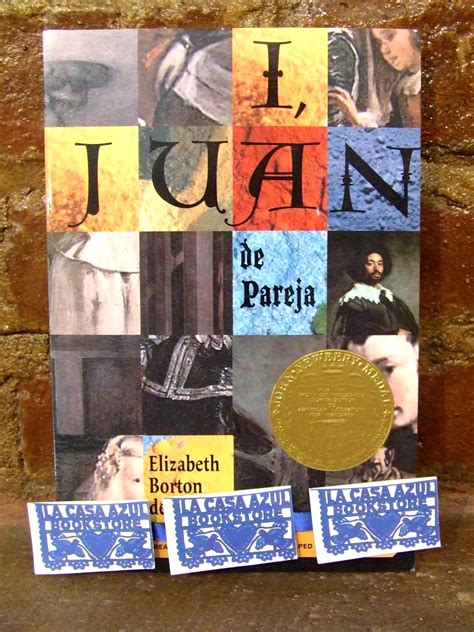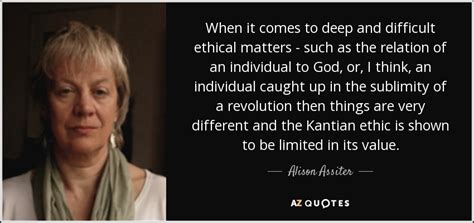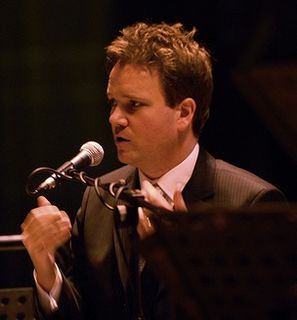A Quote by Anthea Butler
'Hymn for the Weekend' mixes cultural and religious practices, commodifying them into a banal but beautiful message of imagined solidarity.
Related Quotes
I want people to leave the theater with a greater understanding of the rich cultural heritage of Pakistan. "Song of Lahore" moves beyond headlines and stereotypes and shows that a vast majority of Pakistanis are not perpetrators of religious violence - they are victims of it. The beautiful cultural heritage of the region belies its image in the West as monolithically religious, intolerant, and violent.
What is most disturbing today is that we use rational methods to cultivate the tastes and values of the young in all kinds of educational, religious, and cultural institutions that are predicated on corporate practices and goals. Everything we do to, with, and for our children is influenced by capitalist market conditions and the hegemonic interests of ruling corporate elites. In simple terms, we calculate what is best for our children by regarding them as investments and turning them into commodities.
I know as an aunt, you fall into the trap of turning to your niece and saying, 'you look beautiful' - because of course all children do look beautiful - but if the message they get is that is what's important and that is what gets praise, then that's not necessarily the most positive message you want them to hear.



































